Over a year following their release, Pokémon Scarlet and Violet continue to act as a hub for players to connect with one another for battling and trading—while also rewarding them for teamwork with great rewards and powerful Pokémon.
Tera Raid battles serve as the pinnacle of Pokémon Scarlet and Violet’s currently available end-game content, allowing a group of up to four players to work together to take down a powerful Terastallized Pokémon. The feature expands on Pokémon Sword and Shield’s Max Raid battles, though removes the turn-based restrictions that have been a staple of the Pokémon series since its beginning, allowing for a (almost) seamless battle experience.
Found either in the overworld as large clumps of crystals or accessed via the Poké Portal via the in-game menu, Tera Raid battles actively encourage players to think of not only strategies against the opposing Pokémon but also those that can counter its Tera type—which, in most cases, will be different than the Pokémon’s regular typing. The Pokémon that appear in these battles differ each time, though, like Max Raid battles, can remove the restrictions associated with version exclusives if accessed via online functionality.
While higher difficulties of these battles can stump even the most veteran players, successfully taking down the opposing Terastallized Pokémon will not only give players the opportunity to catch it, but reward them with a plethora of helpful items.
How strong are Tera Raid Pokémon in Pokémon Scarlet and Violet?
Each Tera Raid battle possesses a different difficulty, ranging from one star to five stars in normal gameplay, with six stars being unlocked upon the completion of the game’s main story and seven stars being exclusive to events. Certain Pokémon are locked to specific difficulty levels, such as base-stage Pokémon often appearing in one-star Raids, while fully-evolved Pokémon appear in four-star and above—with players also receiving more plentiful rewards when defeating higher difficulties.
Yet on top of rewards, these difficulty tiers also indicate the innate power that the Pokémon in these Tera Raids have. Starting with the two-star difficulty level, the opposing Pokémon will have a minimum number of perfect individual values (IVs), with the number being determined by the difficulty level minus one. While IVs aren’t normally sought-after by players who play the game on a more casual level, they are immensely important to competitions and even getting past some of the game’s more difficult battles.
Outside of Tera Raid battles, the only ways to ensure perfect IVs on Pokémon are either through breeding, which can oftentimes prove to be more of a hassle due to the randomness associated with passing down IVs to offspring, or via the use of Bottle Caps in Montenevera. Therefore, Pokémon caught in Tera Raid battles are innately more powerful than other Pokémon players will find normally in the Paldea region or Kitakami.
Tera Raid Pokémon also have the unique ability to be caught with Tera Types that are not their own, such as a Garganacl sporting a Grass Tera Type despite being a Rock-type. The only way to change a Pokémon’s Tera Type from being the same as its own typing is by using Tera Shards at the Medali Treasure Eatery, which can only be obtained through grinding Tera Raid battles. But players should be aware that the opposing Tera Type is random and predetermined, so while it may have a Tera Type that differs from its normal typing, it may not be the desired one.
For players looking to get their hands on the most powerful Pokémon without needing to invest much time or items into them, consider tackling high-difficulty Tera Raid battles as the Pokémon within them are more than prepared to face even the fiercest foes.


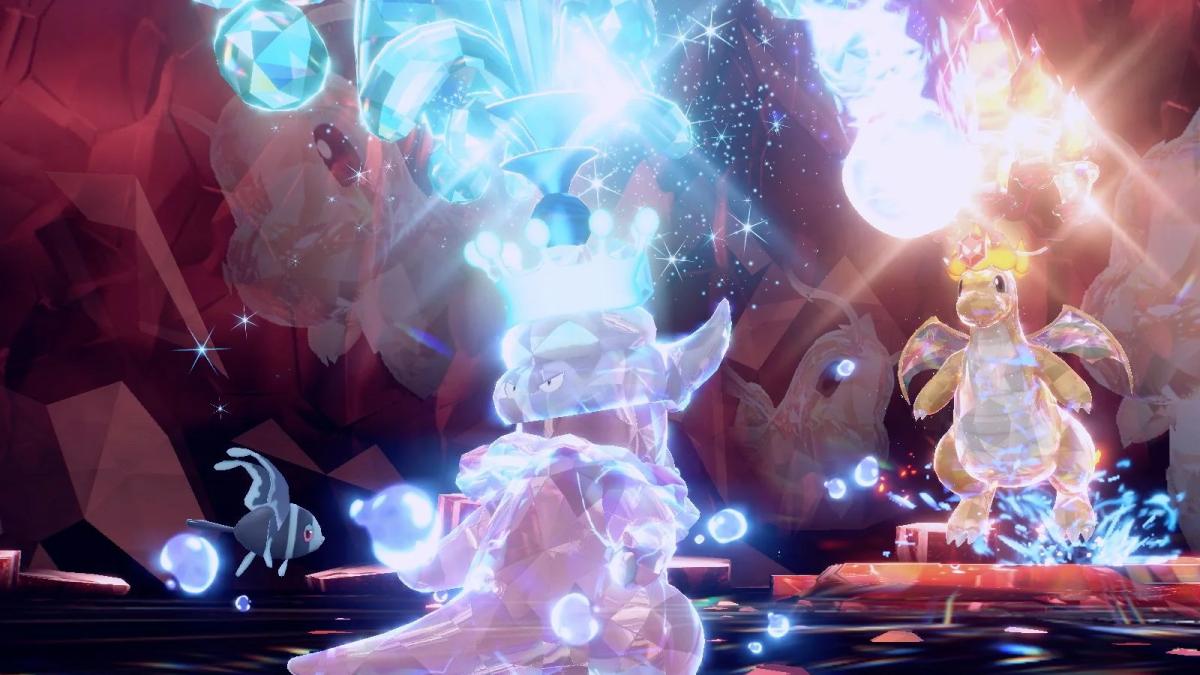
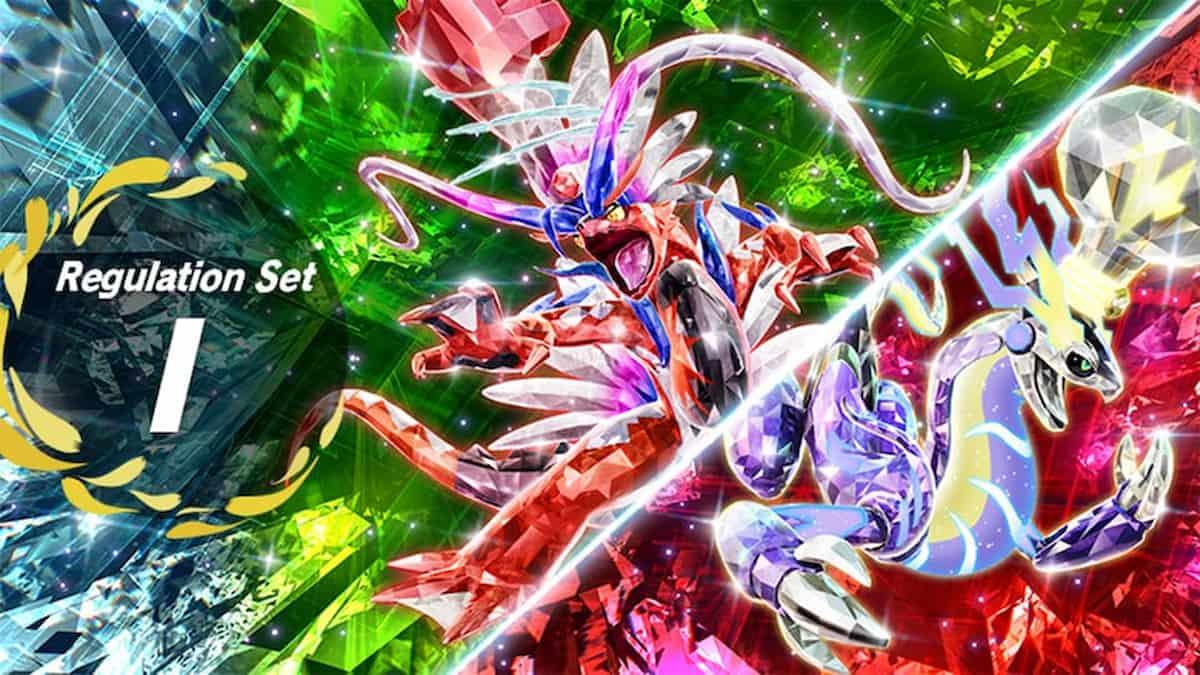

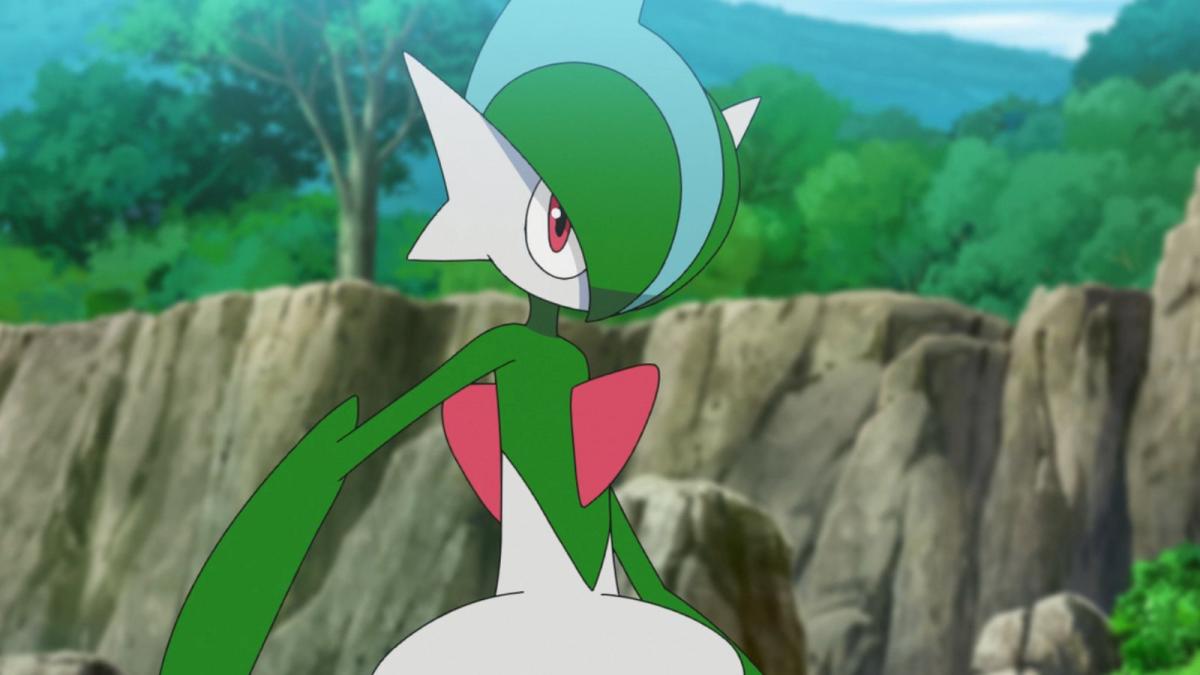


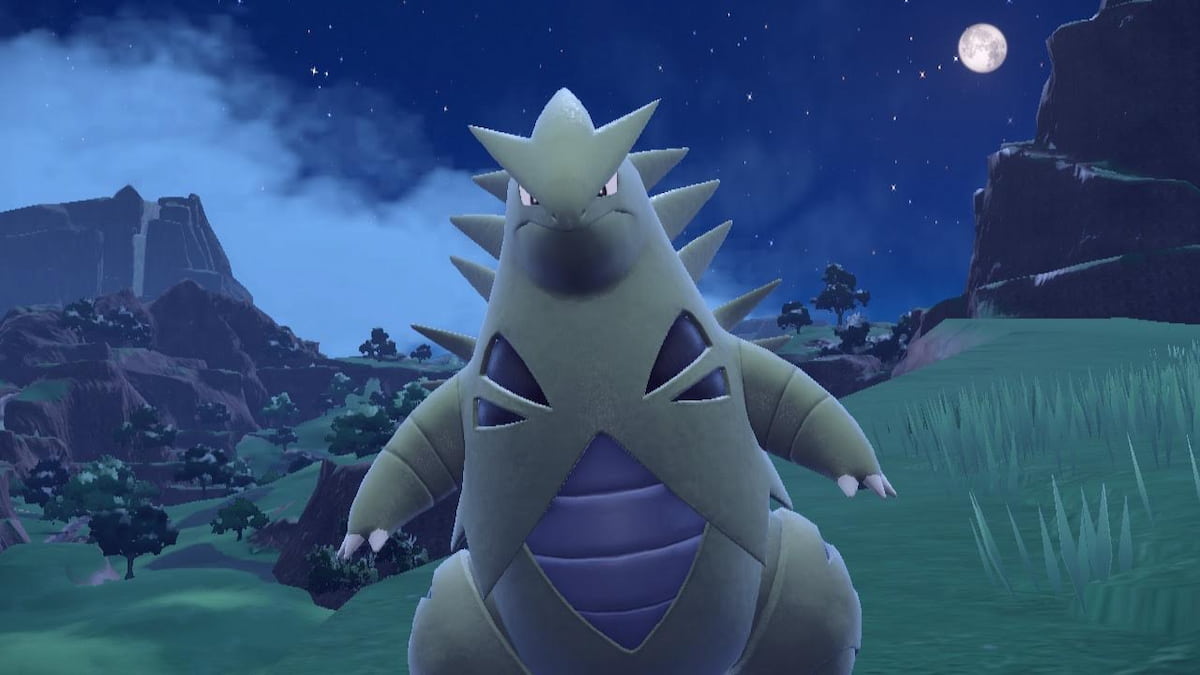
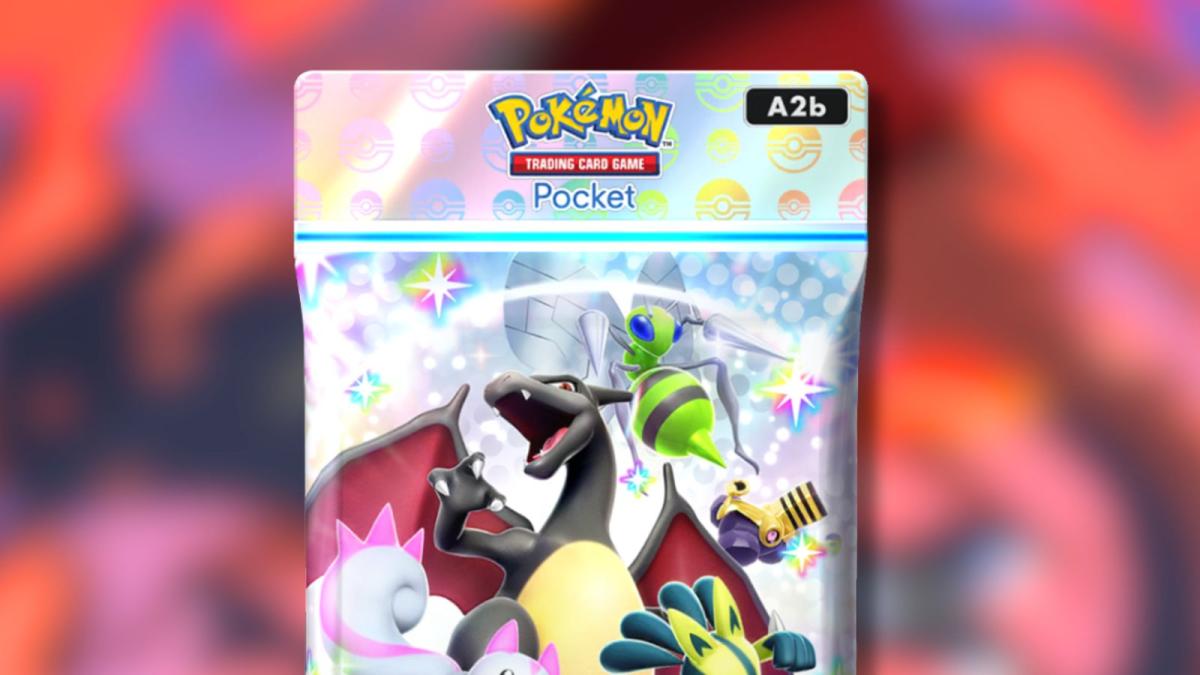
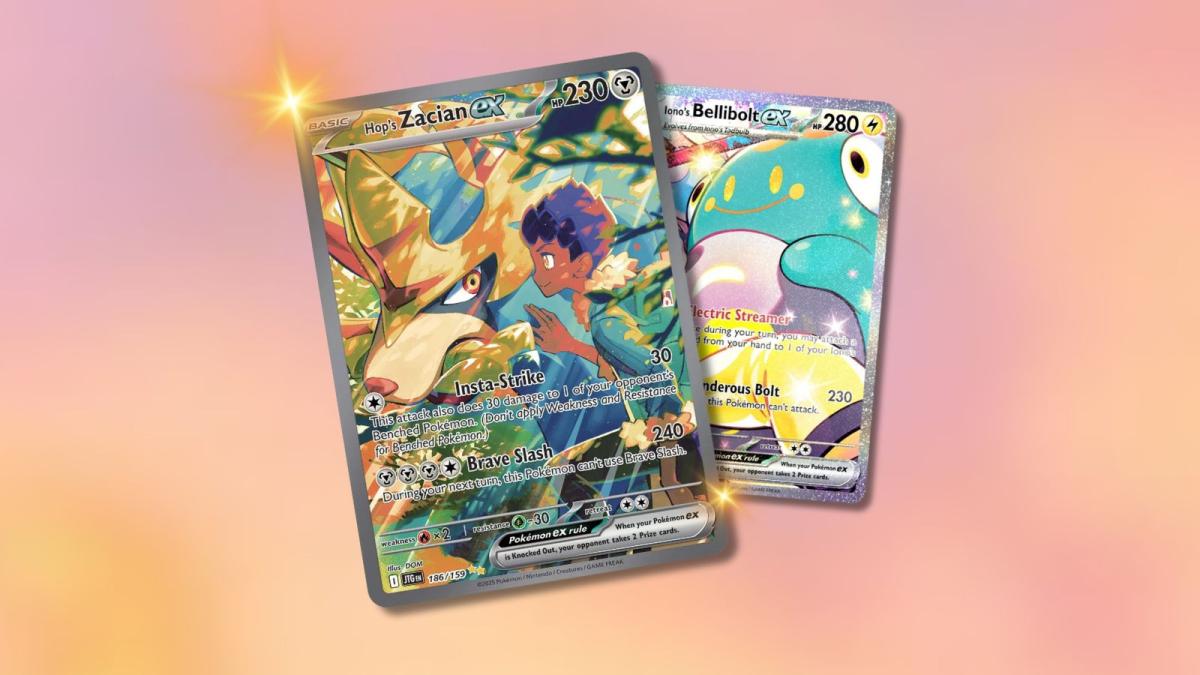

Published: Nov 30, 2023 06:38 pm